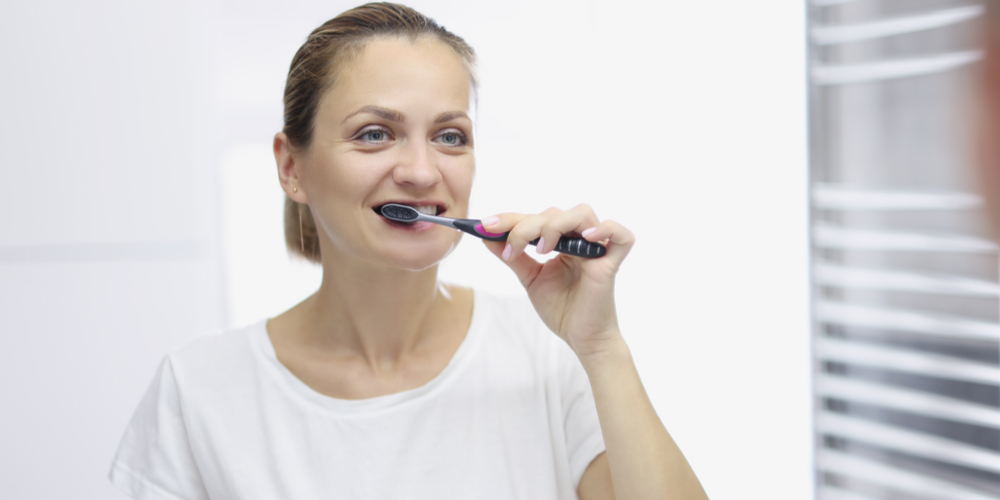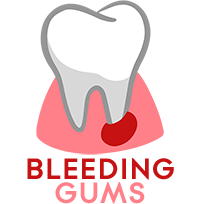
Curing your bleeding gums might simply be a matter of improving your home oral hygiene routine. You should be sure to brush at least twice a day for three minutes and floss as well. This is to make sure that plaque is removed after you have eaten foods, particularly those that are sugary or starchy. Plaque that is left along the gum line of the teeth can cause gingivitis, a leading cause of bleeding gums.
Gingivitis ” the most common form of gum disease – can be easily stopped by following the above advice but it might be necessary to have your dentist give your mouth a professional clean. If plaque hardens it forms into tartar which can only be removed in the surgery. Professional cleans are non-invasive, usually swift and will leave your mouth free from the causes of gingivitis. Sometimes dentists will recommend certain mouth washes which are especially suited to keeping your gums healthy.
Although home oral care is vital, it can be carried out in a way that will cause your gums to bleed. Your dentist might advise you to brush less aggressively or to start using a tooth brush which has softer bristles. This is so that your gums are not aggravated by the very process which is supposed to keep them healthy.
It could be that your bleeding gums are caused by the manner in which you are flossing. Intended to remove debris and plaque from between your teeth where brushes cannot reach, flossing can easily cause light damage to your gums. The process of dragging dental floss across your gums might cause the outer tissue to break and bleeding to ensue. This is fairly likely to happen if you have not flossed before but your gums ought to become used to the procedure and any bleeding should soon cease. You ought to contact your dentist if you have been flossing for a while and you still find your gums bleed as a result.
The best way to solve bleeding gums is to allow your dentist to regularly examine your mouth. You should make an appointment to visit your surgery every six months so that a trained professional can look at your mouth and check that your gums are in good health. As with many other medical issues, it is far better to prevent bleeding gums from occurring in the first place rather than treating them afterwards.
Rest assured that many cases of bleeding gums do not mean that anything is seriously wrong with your mouth and you will probably be advised simply to improve your home dental hygiene routine in the manner suggested by your dentist.
